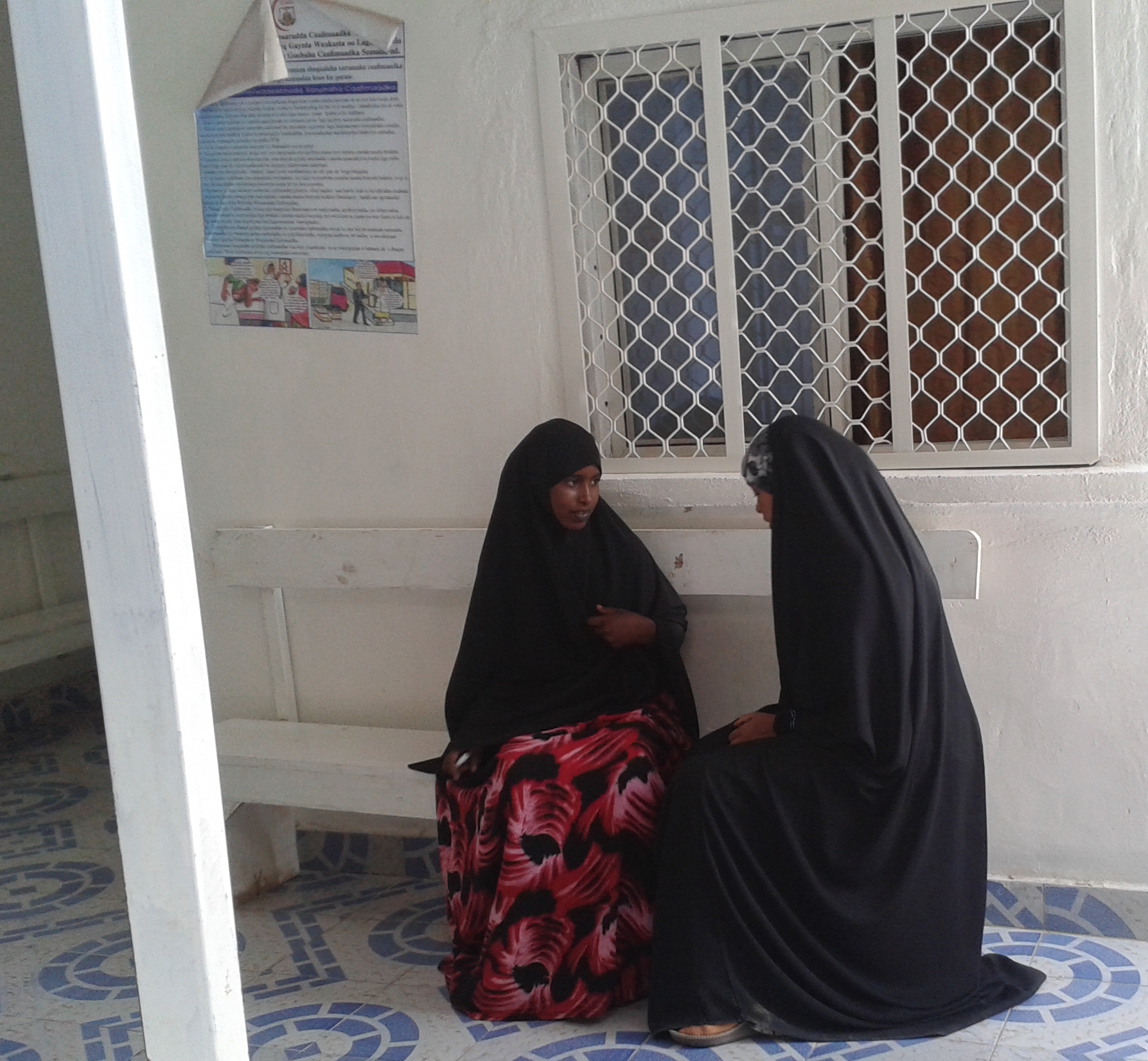Feedback Mechanisms 101
 Health Poverty Action CFO pictured meeting with a beneficiary.Somaliland
Health Poverty Action CFO pictured meeting with a beneficiary.Somaliland
“… there’s no point hearing all the time good things. Also you need sometimes to hear your weakness… if you never hear your weaknesses then you will continue the weakness, and then you will not reach your goal. Through the BFM project you get time to hear your weaknesses and then you will own both, and then it will be good for you and then for the beneficiaries. Both of you will be happy.”
—Farah Mohamad, Programme Manager—Health Poverty Action, Somaliland
Feedback mechanisms and accountability go hand in hand; feedback mechanisms hold organizations to account. Outside of accountability, there are many benefits associated with feedback mechanisms which organizations should consider when assessing whether or not to invest in feedback mechanisms.
Top 4 reasons for feedback mechanisms:
- Addressing problems early saves a lot of time and money
- Transparency increases organizational security
- Relationships with communities improve
- Beneficiary empowerment
Why is accountability important?
-
Helps to make sure your programme is meeting people’s needs and rights. People have a very good idea of what they need if we listen to them it helps us to make sure that we are helping to address these needs.
-
Ensures the most vulnerable are included and benefit from projects. Accountability helps to ensure that people are not being left out of projects or programmes, especially the most vulnerable. It can also reduce tensions if the community is involved in determining the selection and entitlement criteria.
-
Improves an organization’s relationship with communities. Trust and open communication leads to efficiency and better outcomes.
-
Increases sustainability through empowerment and ownership. The process of working and achieving things together can strengthen communities. It builds confidence, skills, capacity to co-operate, consciousness, and critical appraisal. This gives more power to tackling their own challenges individually and collectively.
-
Improves quality of programmes. Addressing people’s concerns and feedback can lead to adapting project activities and resulting in better impact For more information on how accountability mechanisms from aid organizations contribute to the quality and impact of assistance received, this research report by Save the Children, Christian Aid, and the Humanitarian Accountability Partnership.
-
Generates learning and best practice. There is increasing donor interest and funding being directed at accountability to communities, given the desire to bridge the gap between service providers and end users. Learning from community feedback can strengthen future project design.
-
Protect staff from claims of violence. Being transparent through good information provision and having a good community feedback and response system helps us to be open to community perspectives and this helps to reduce unfair acquisitions and build trust.